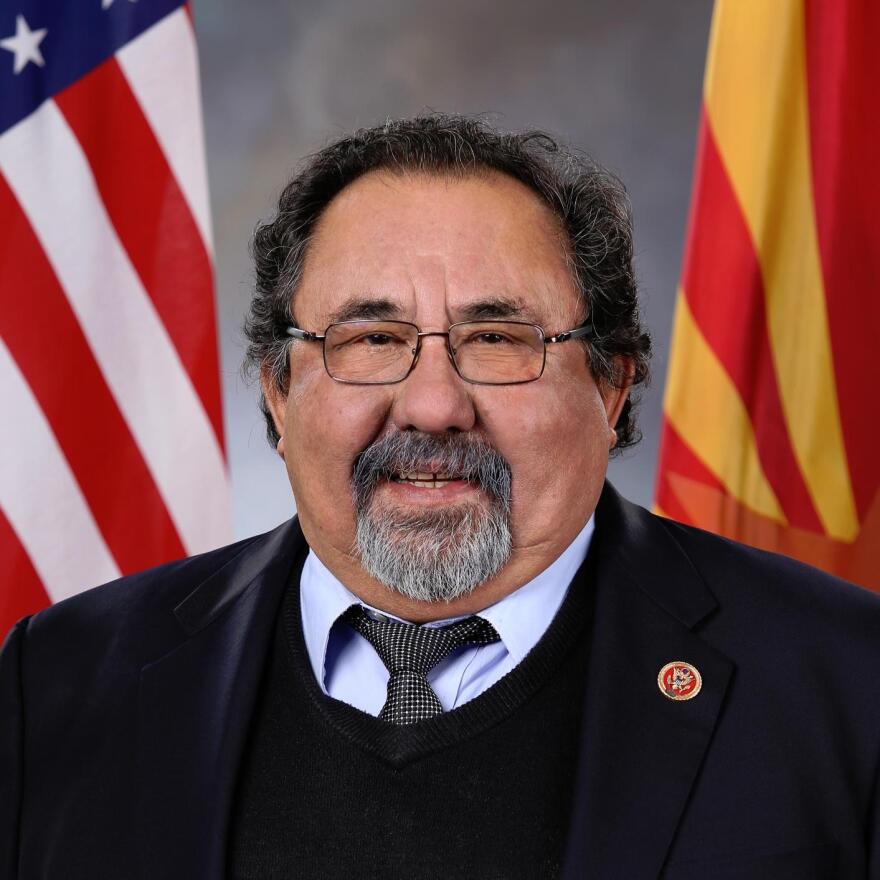Commentary: WASHINGTON, D.C. – Congressional Progressive Caucus Co-Chairs Rep. Raúl Grijalva (D-AZ) and Rep. Mark Pocan (D-WI) respond to the Federal Communications Commission (FCC)’s failure to release 47,000 public complaints that could show the American public's desire to keep the internet open and free. The comment period on a new FCC proposal to undo net neutrality was closed on July 17. National Hispanic Media Coalition had requested the comment deadline be extended until complaints against internet service providers (ISPs) were made public.
“The fact that 47,000 complaints were filed against internet providers since the rules on net neutrality went into place shows an enormous need for these consumer protections. The FCC’s failure, so far, to comply with the FOIA request gives the appearance that they would rather bury these complaints than admit that the current rules are necessary.”
“Internet access can no longer be considered a luxury commodity for the wealthy. The rules governing the internet must ensure it remains free and open and unfortunately President Trump’s new FCC commissioner is moving in the exact opposite direction while ignoring the evidence.”
The Congressional Progressive Caucus co-chairs formally submitted comments on July 16, 2017 writing, ‘The Internet empowers people from all backgrounds, whether privileged and powerful, or traditionally marginalized, to elevate their message and have a voice. It is an increasingly fundamental tool for leveling play fields, for innovation, education, democratic engagement, and civic empowerment. Preserving the current Title II protections is essential to upholding the Internet’s egalitarian ability to raise all voices. As progressives, we believe that the Federal Communications Commission should uphold Title II protection for Net Neutrality.’


